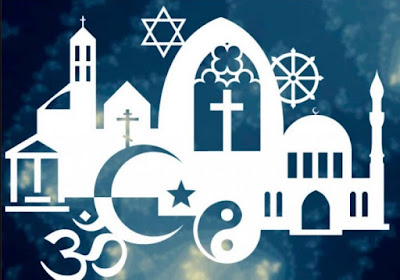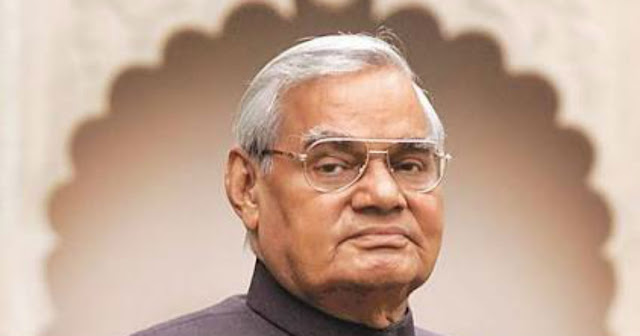What happened in West Bengal

Finally, the poll results are out in West Bengal. While Bengalis like me are not surprised - the feeling is more like a collective sigh of relief - many friends from outside are very surprised: Over the last few years, they have got used to big-man politics and never saw this coming. Here is my I-told-you-so moment, but I think I owe them some explanation why these results were predictable. But, first, what I think it is not. To start with, it is not a win for vote-bank politics. This is how the BJP would want to portray it - that Mamta Banerjee has won this election by pandering the muslims! But BJP pandered the Hindus in equal measure, and during the campaign, Ms Banerjee tried to be as even-handed as she could be. If anything, this result is a rejection of BJP's strategy to turn this into vote-bank election. But, equally, this is not a triumph of secular politics. If that would be so, then the Left and the Congress would have something to show for their efforts. That the two par...



